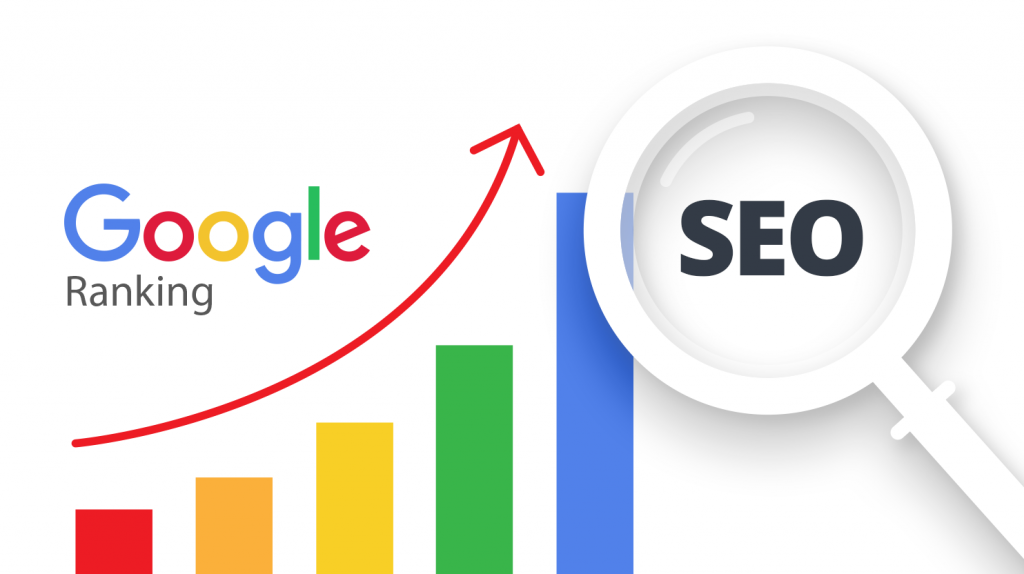Read these 3 Silly SEO Myths
Search Engine Optimization (SEO) is often misunderstood, primarily due to the vast amount of conflicting advice and myths that surround it. Add Google’s frequent algorithm updates to the mix, and it becomes easy to fall into traps of misinformation. Many people still believe in outdated or downright incorrect SEO tactics that can prevent them from ranking well.
In this article, we will discuss three common SEO myths you should completely ignore.
- Only Big Websites Can Rank Well on Google
- SEO is Too Complicated, and Google Keeps Changing the Rules
- Keywords Are No Longer Relevant
1. Only Big Websites Can Rank Well on Google

This myth suggests that small blogs and websites stand no chance of ranking high on Google, especially when competing against big players in the industry. It’s easy to feel disheartened by this myth, but the reality is much different.
While it’s true that larger websites often have more domain authority, SEO isn’t a game reserved only for big players. Newer, smaller sites can still attract a lot of traffic if they get certain elements right.
How Can Small Sites Rank Well?
- Focus on Long-Tail Keywords: Smaller sites can rank by targeting more specific, less competitive keywords known as long-tail keywords. These are search phrases with lower competition but clear intent.
- Produce High-Quality Content: Quality still wins the SEO game. Well-researched, informative, and engaging content that solves a user’s query will likely rank better than thin, keyword-stuffed content.
- Build Genuine Backlinks: Backlinks from relevant, high-authority websites help even small sites rise in rankings.
It’s essential to remember that SEO is more about content relevance and meeting user needs than size alone. So, dismiss the myth that only big sites get traffic from Google.
Get Our Services: Digital Marketing
2. SEO is Too Complicated, and Google Keeps Changing the Rules


Another common myth is that SEO is overly complicated, especially due to Google’s frequent updates and changing algorithms. Some people even believe that if you don’t have an expert grasp on SEO, you’ll never see results. This myth leads many to abandon their SEO efforts, thinking it’s impossible to stay ahead.
Is SEO Really That Complicated?
- Google’s Core SEO Guidelines Remain the Same: While Google frequently rolls out updates, the core principles of good SEO have remained steady for years. High-quality content, a great user experience, mobile optimization, and credible backlinks are essential aspects that never change.
- Avoid Shortcuts: If you’re practicing “clean SEO”—following ethical guidelines—these algorithm updates won’t drastically harm you. Many changes are implemented to penalize those who engage in black-hat SEO tactics, like keyword stuffing or acquiring spammy backlinks.
- Patience Pays Off: SEO does take time, but it isn’t as mysterious as many think. A consistent, patient approach to optimization will lead to results over time.
You don’t need to worry about every little Google update. Focus on the fundamentals, and you’ll continue to see improvement.
3. Keywords Are No Longer Relevant


One of the more persistent myths is that keywords no longer matter in SEO. Some people believe that keyword research is outdated and that Google no longer considers keywords as a ranking factor.
While it’s true that Google’s algorithms are now more sophisticated and can understand the context of a page without relying solely on specific keyword phrases, keywords still play a crucial role in helping Google understand the content.
How Do Keywords Still Matter?
- Strategic Placement Matters: Keywords are still relevant, but they must be used strategically. It’s no longer about keyword stuffing but about using them naturally in places like the title, headers, URL, and meta descriptions.
- Long-Tail Keywords: Long-tail keywords—phrases containing three or more words—are even more critical now. They are less competitive and often result in more targeted traffic.
- Semantic Search: Google’s focus has shifted to understanding the intent behind search queries, which means content that answers questions thoroughly and naturally will rank better. While keywords are important, they need to be supplemented with well-rounded, comprehensive content.
In summary, don’t discard keywords. Use them wisely in the right places and make sure your content addresses user intent.
Conclusion


SEO myths can be harmful if you believe and apply them to your strategy. Whether it’s the misconception that only large sites can rank well, that SEO is too complicated, or that keywords don’t matter anymore, these myths need to be debunked. Success in SEO comes down to following a few core principles: focusing on high-quality content, targeting relevant keywords, and ensuring a positive user experience.
Ignore these outdated myths and keep refining your SEO strategy with the right knowledge, and your website will be on the path to success!
Check Our Latest Article: Why Technology Is Important?







